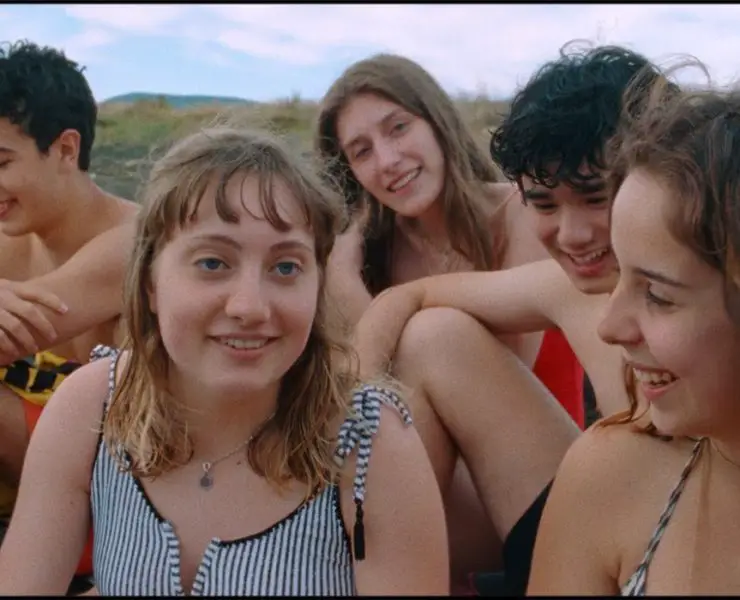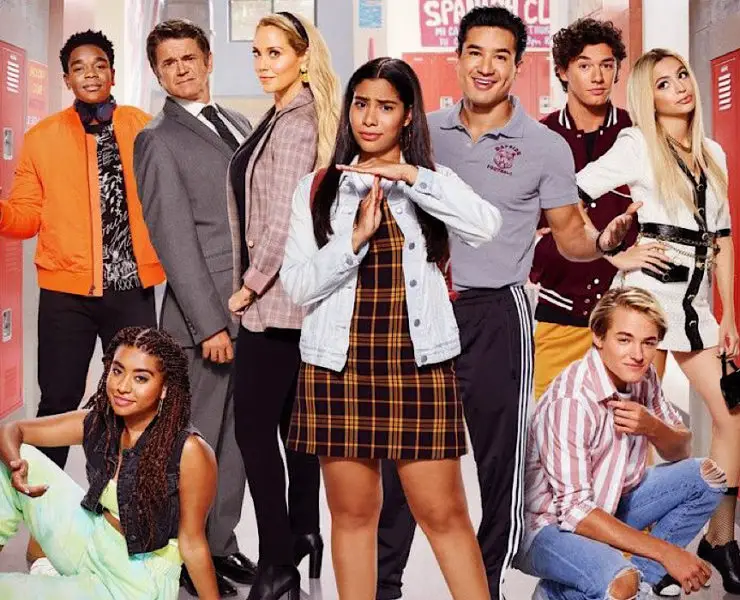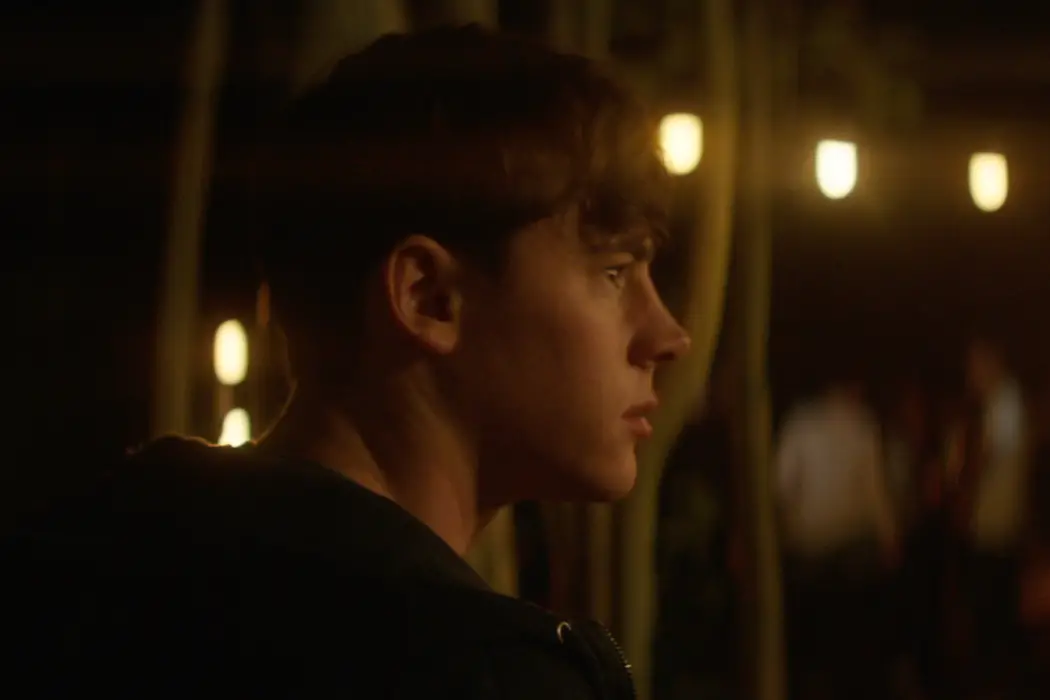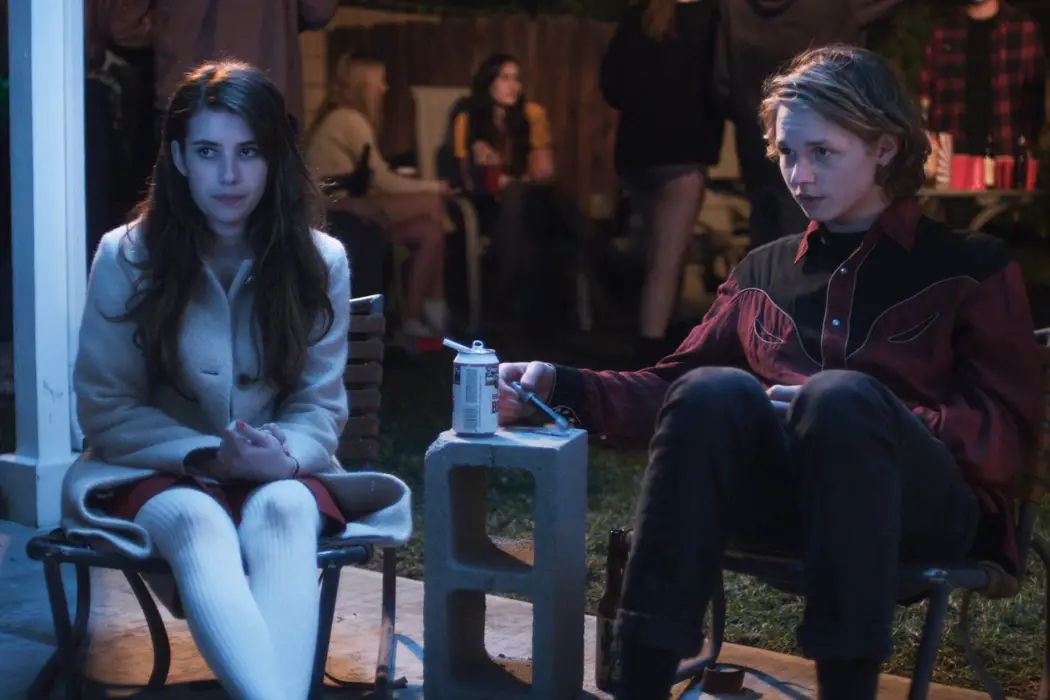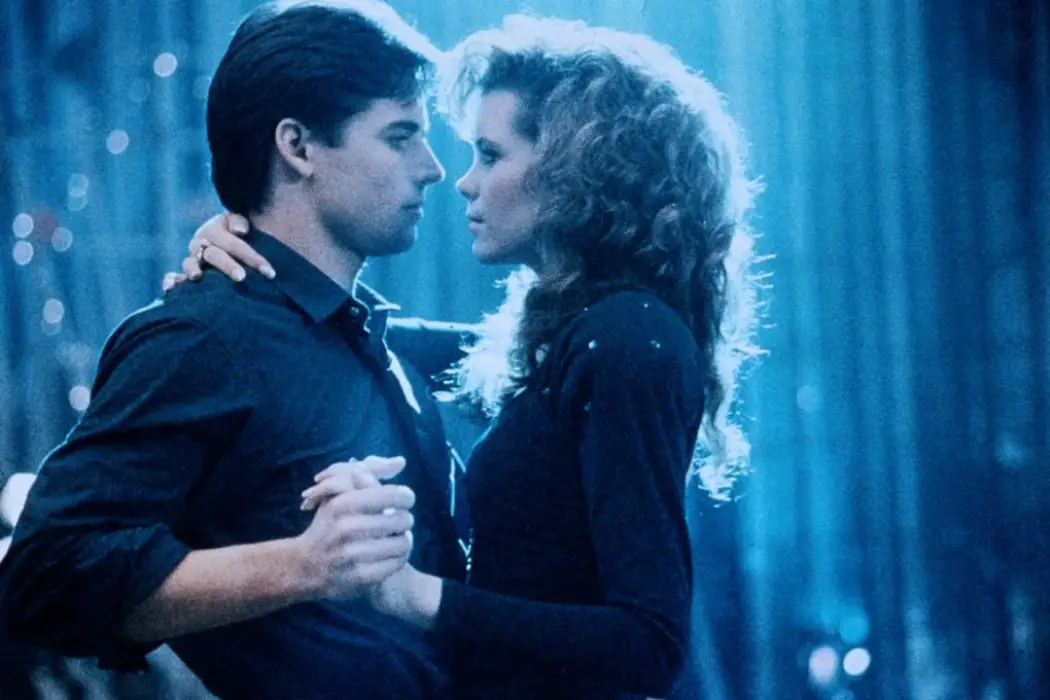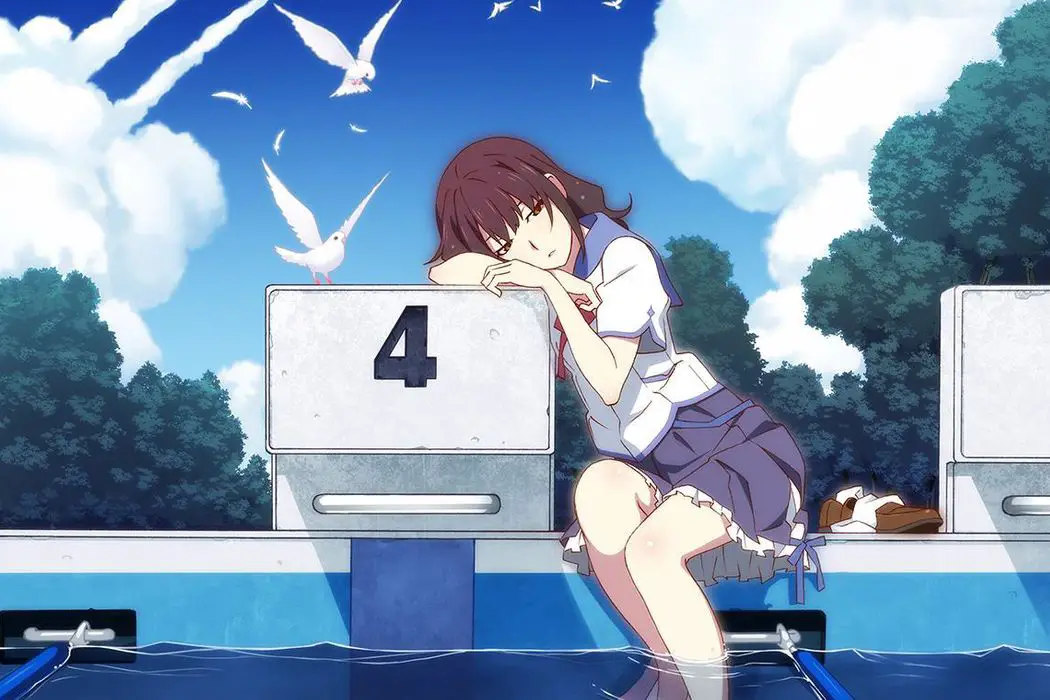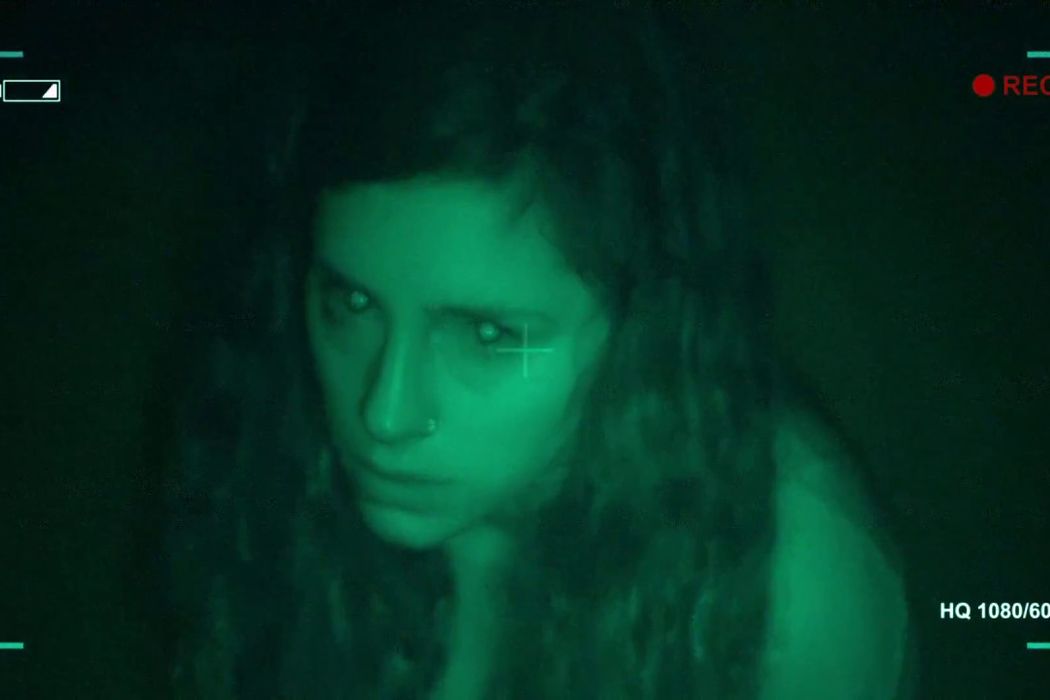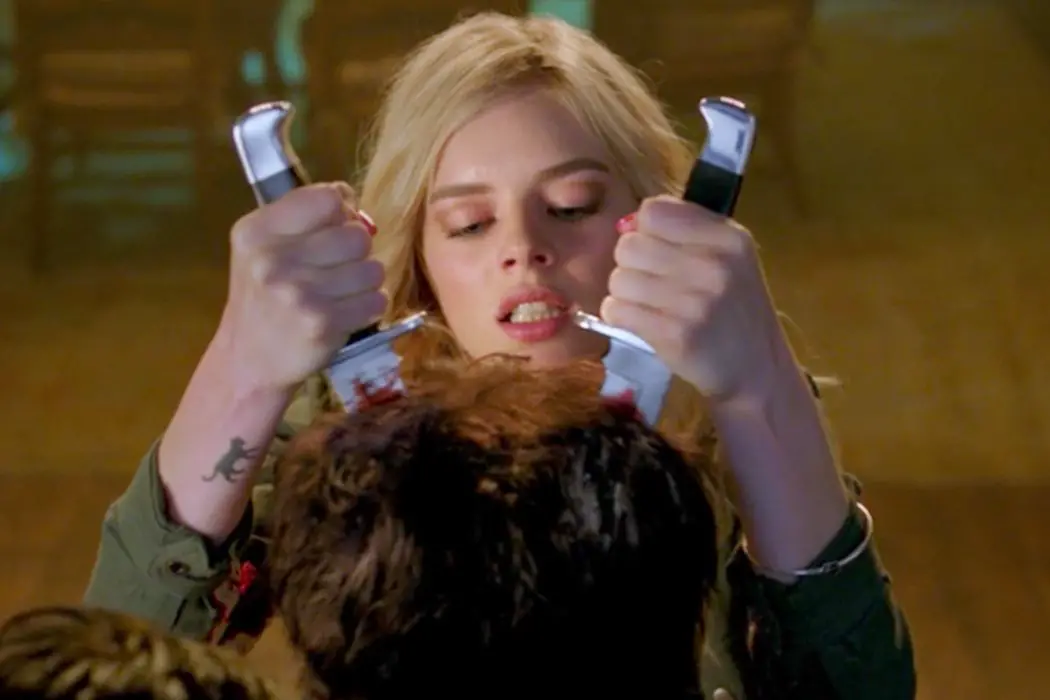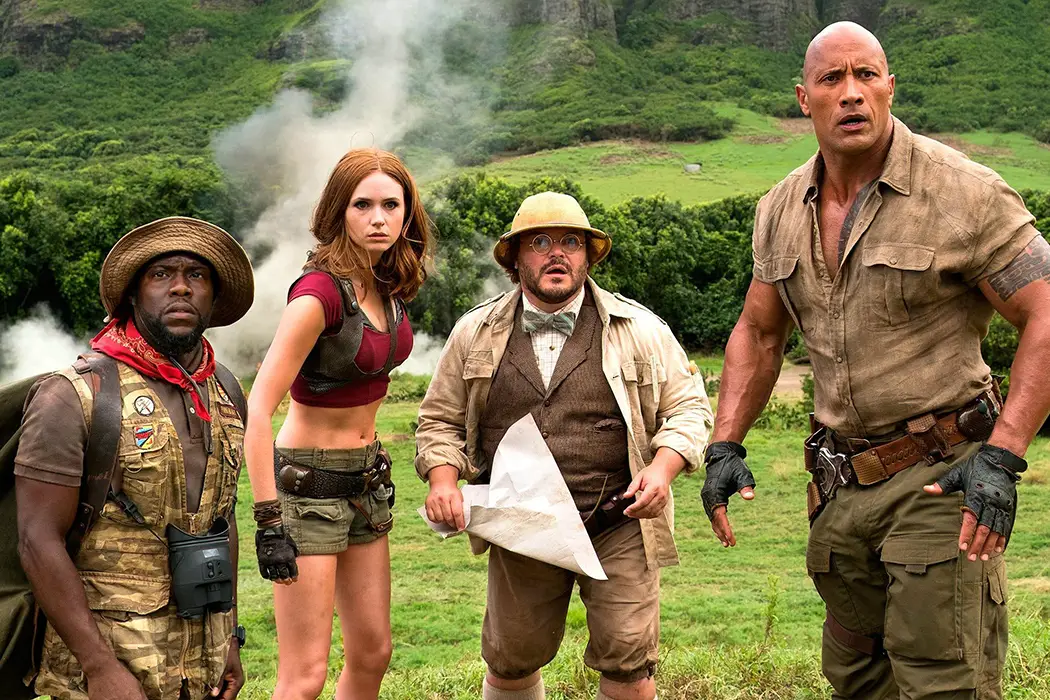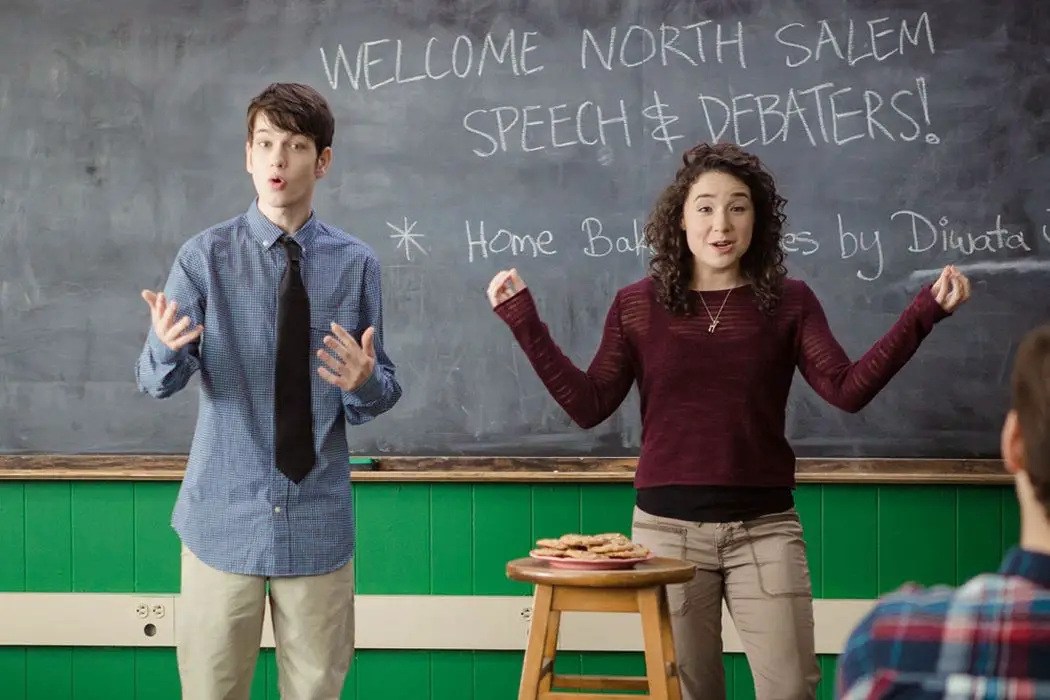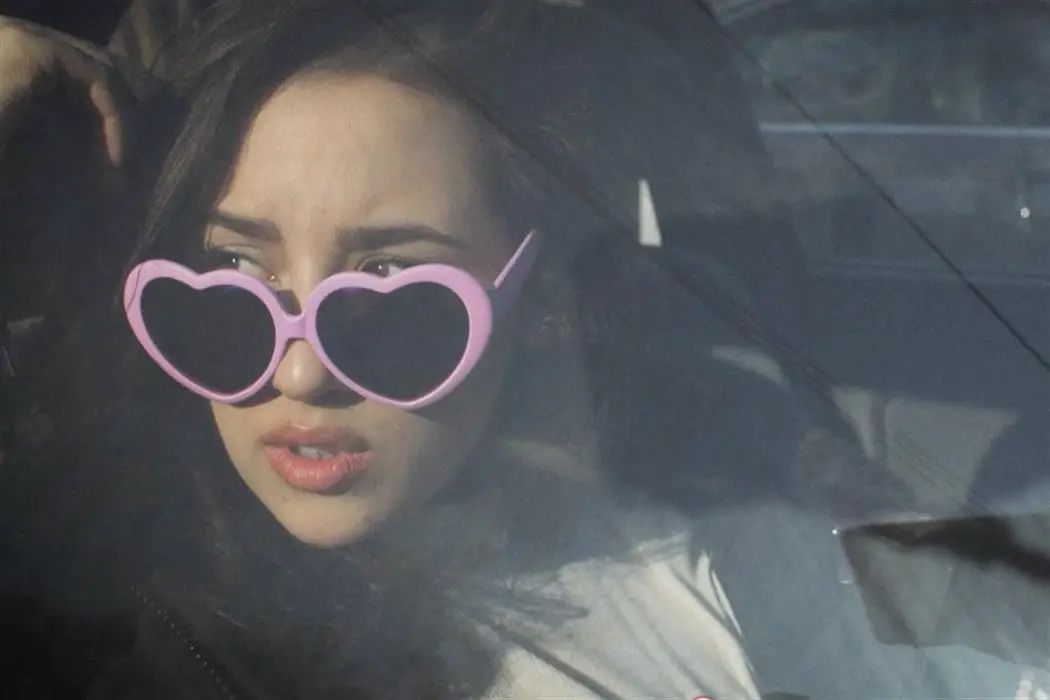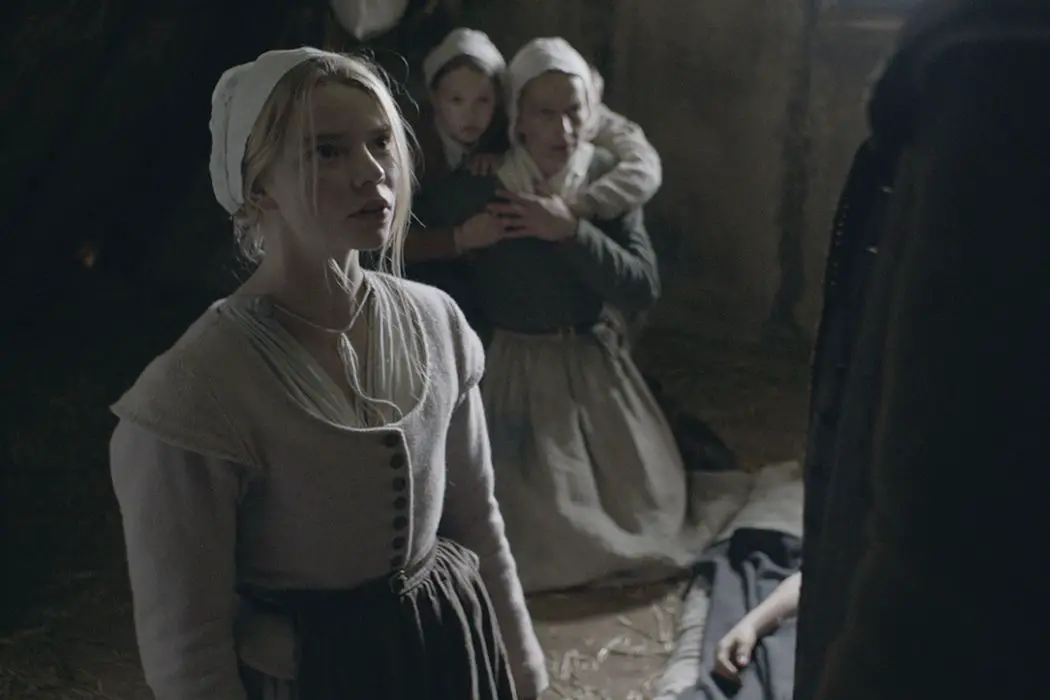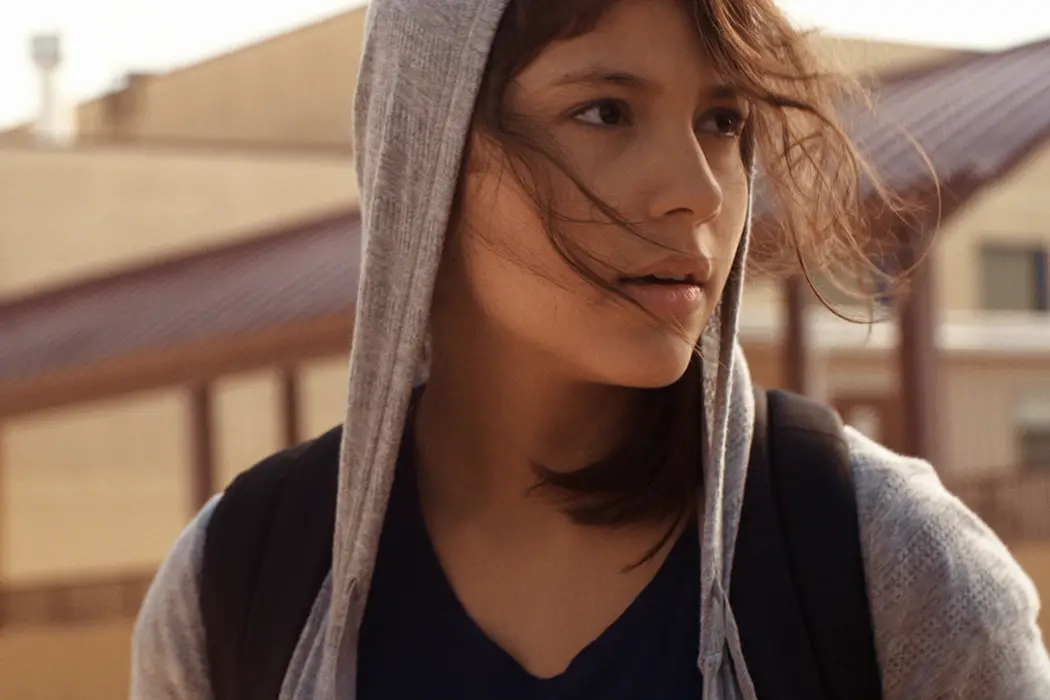teenagers
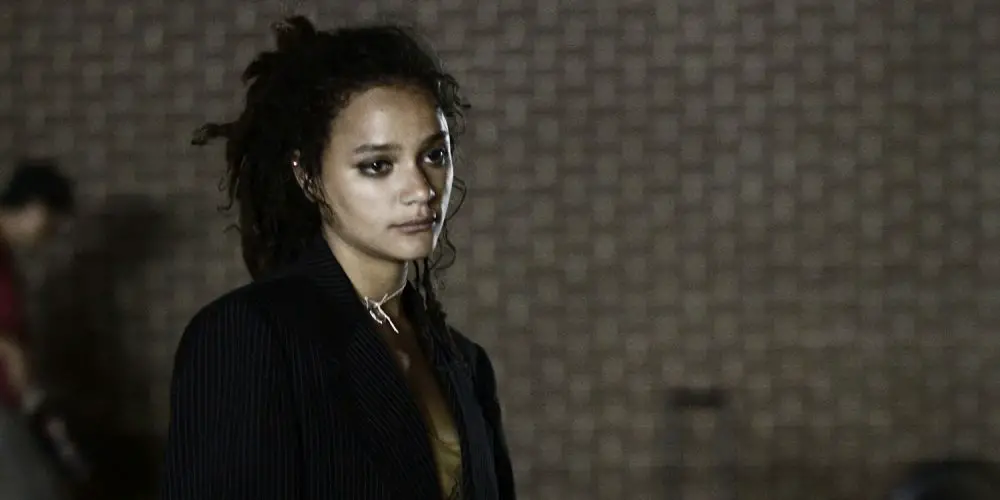
Andrea Arnold is without a doubt cinema’s leading creator of stories depicting the trials and tribulations of working class women, with an entirely non-judgemental eye. Translating her social realist style across the Atlantic, keeping the inherent themes relevant to the lower classes intact, would seem close to impossible, although due to an unfortunate stroke of luck, the Presidential election has made the general idea of class in an overwhelmingly middle class country relevant yet again. Many audiences have been so transfixed by the way Arnold and her long-term cinematographer Robbie Ryan have captured the sweeping vistas of America, a world completely alien to the council estates of earlier films Red Road and Fish Tank, that they have seemed to ignore the fact this is unmistakably a distinctive piece of work.


